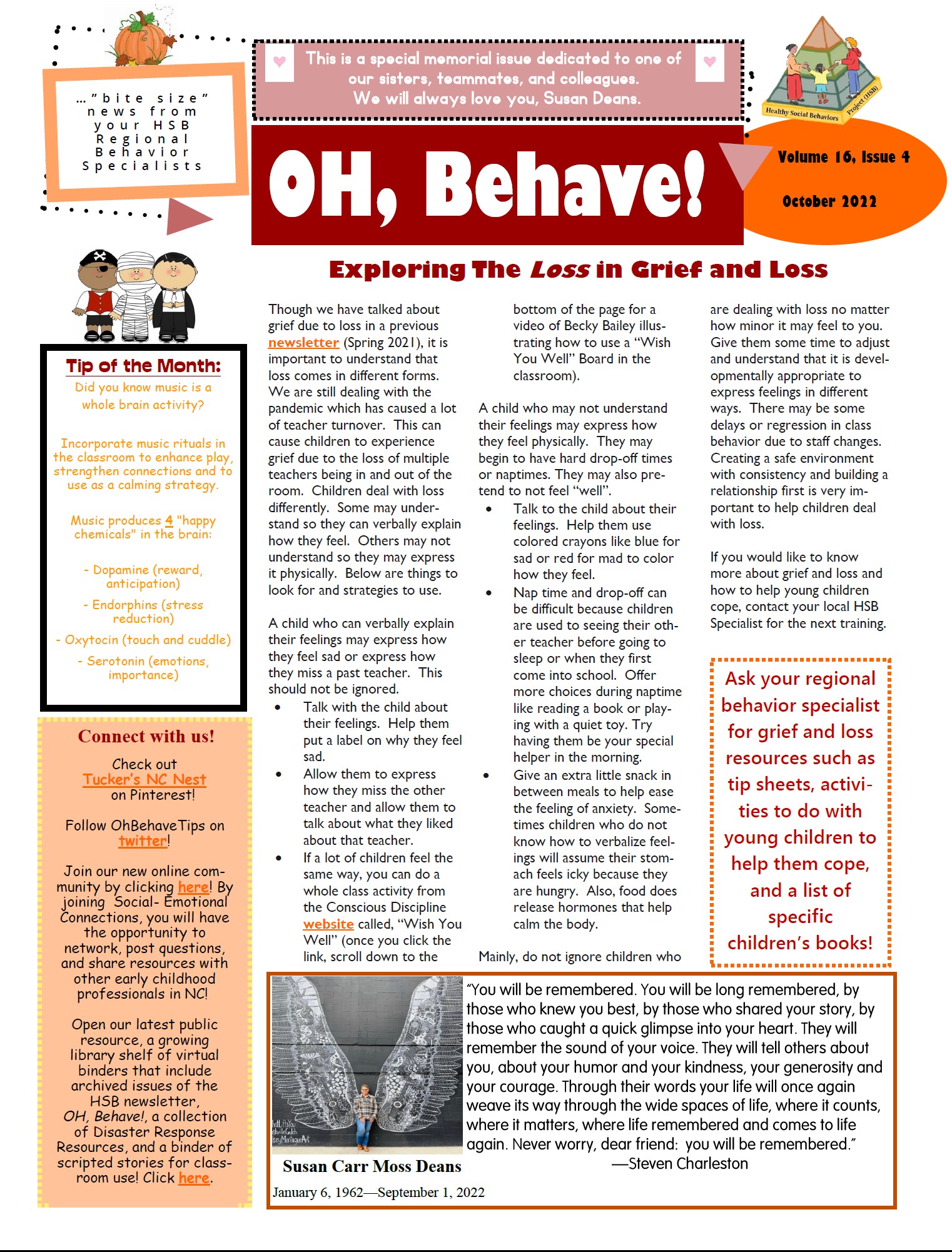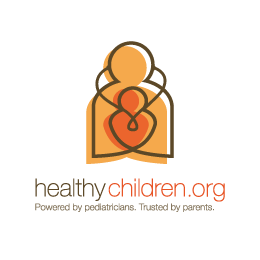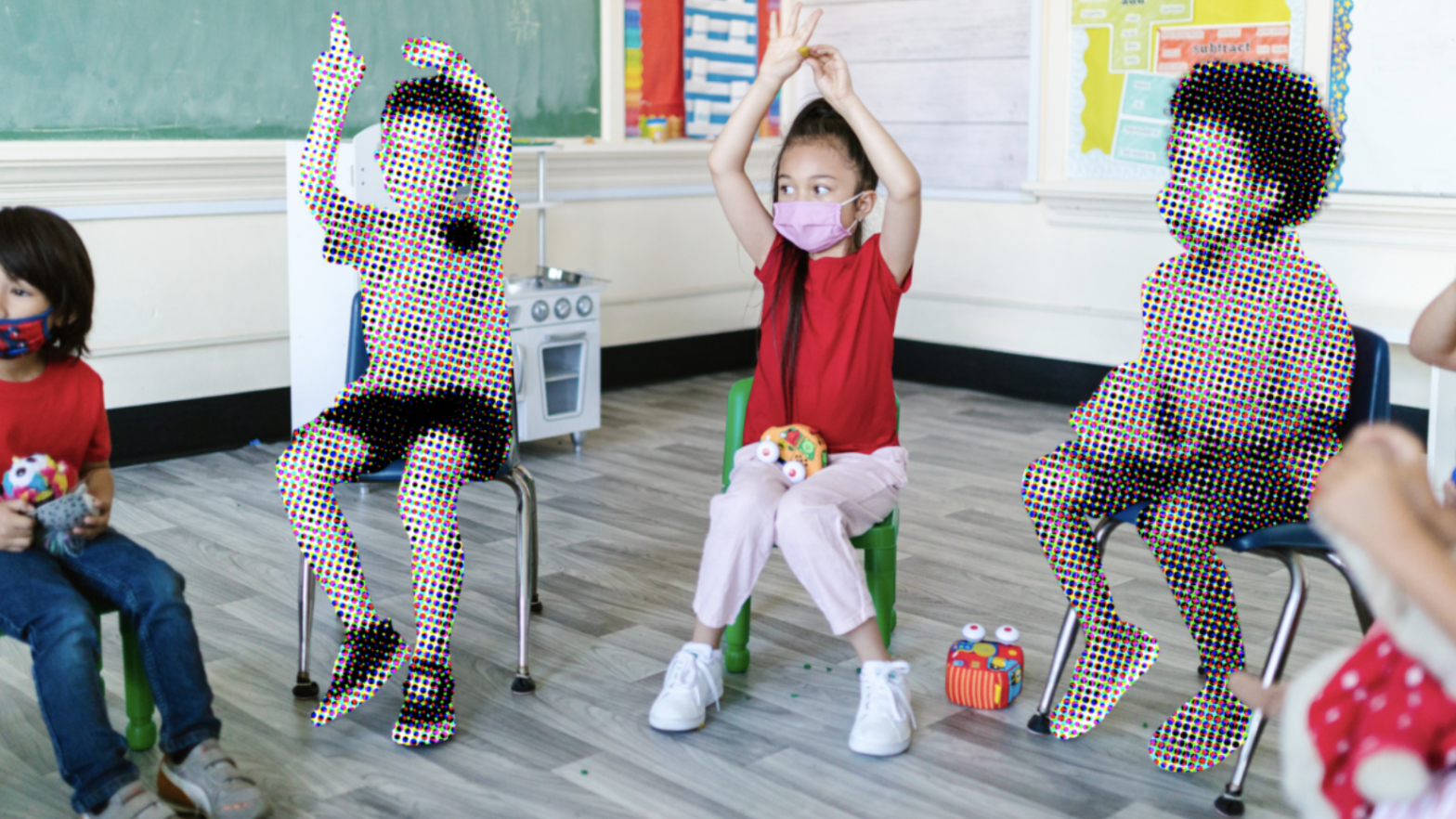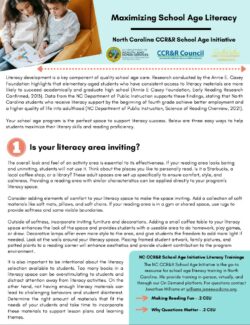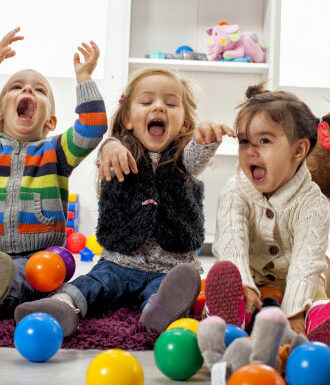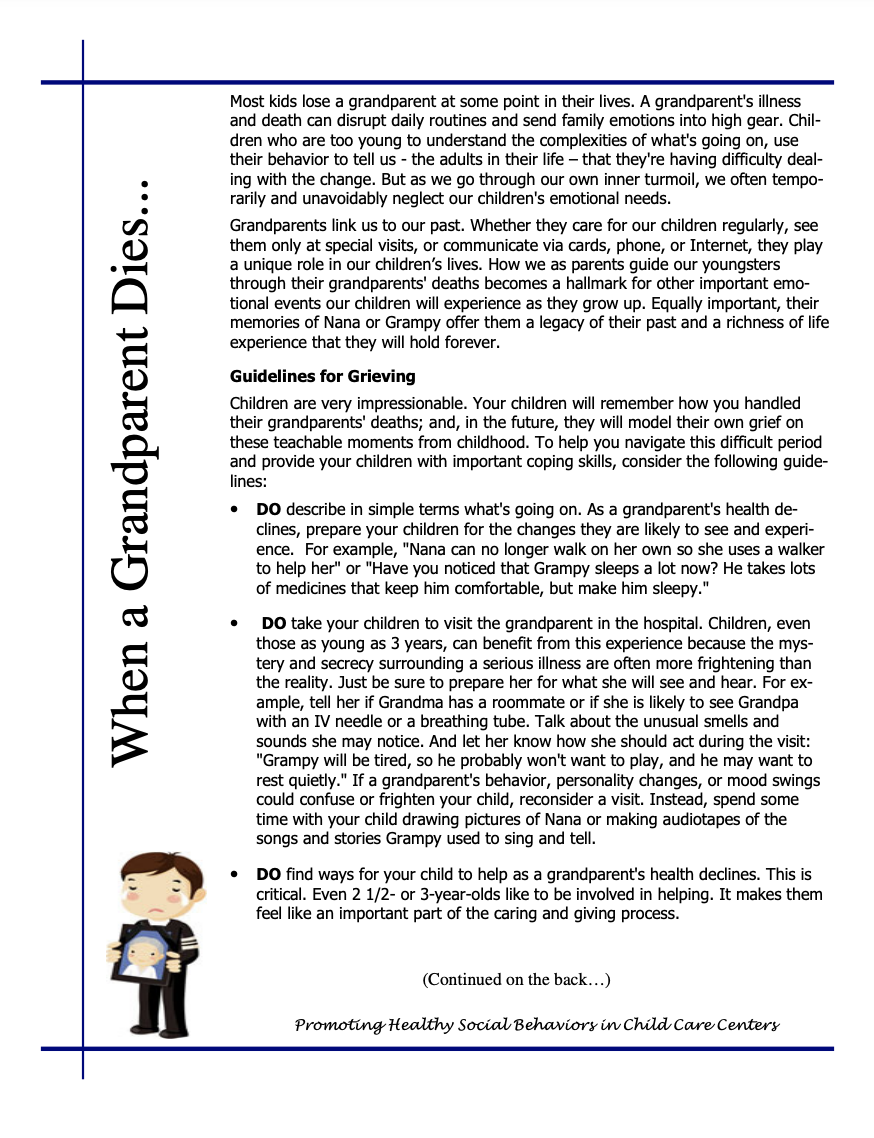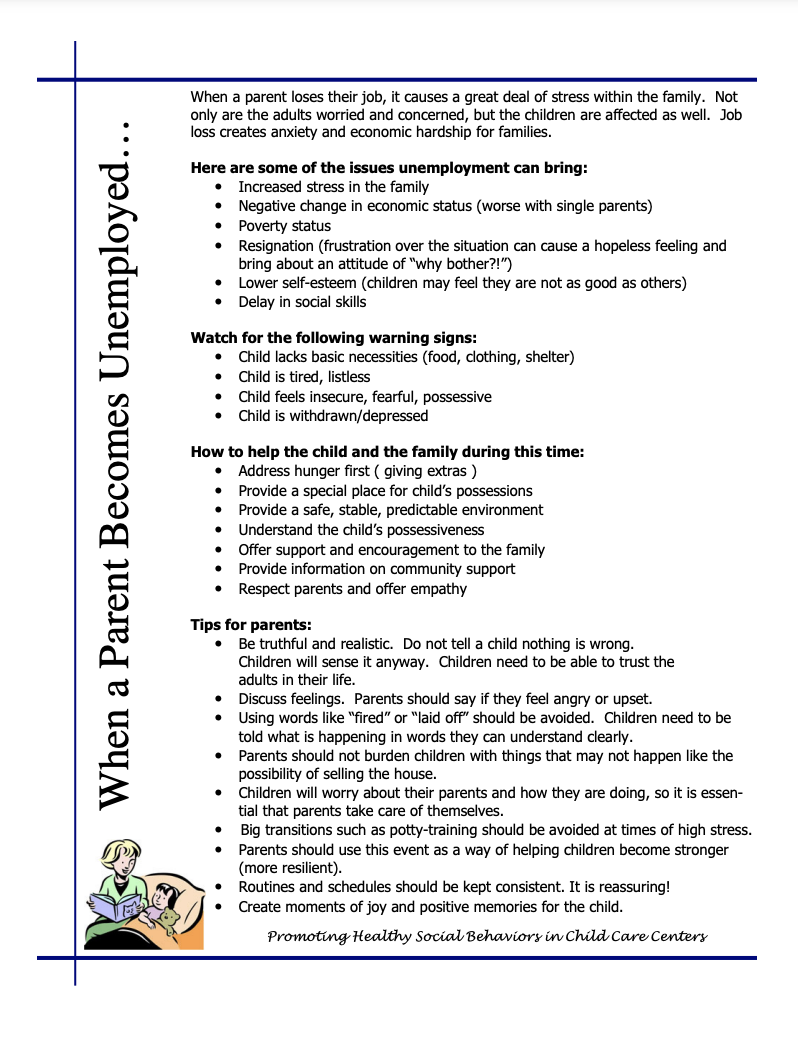Audience Category: For Families
Lorem ipsum dolor sit amet, consectetur adipiscing elit, sed do eiusmod tempor incididunt ut labore et dolore magna aliqua.
Medication Safety Tips for Families
Each year, about 50,000 children under age 5 go to emergency departments for poisoning after getting ahold of medicine. When you need them, medicines can improve lives and even save them. But too much of any medicine can be deadly for a toddler, child or teenager. Learn more on HealthyChildren.org.
HSB Project Recognized for Its’ Work in Reducing Expulsions!
“We Know Suspensions and Expulsions are Bad for Preschool Students. What Are Some Alternatives?”
Statewide Social Emotional Resource List-HSB Project
HSB Statewide Social Emotional Resources Distribution FY22
Covid-19 Booster Now Available for Children Ages 5-11 (español)
Children ages 5 to 11 years old can receive a COVID-19 booster five months after the date of their most recent Pfizer COVID-19 vaccine dose.
Maximizing School Age Literacy
Supporting School Age Food Insecurity Resource Guide
NC CCR&R School Age Initiative Supporting School Age Food Insecurity Resource Guide
NC Child Care Resource & Referral Council Launches New Website for NC Communities
FOR IMMEDIATE RELEASE MEDIA CONTACT Kara Shultz 919-967-3272 karas@childcareservices.org NC Child Care Resource & Referral Council launches new website to assist families, child care professionals, businesses and communities across North Carolina with essential child care services and support. Chapel Hill, N.C., April 26, 2022: The North Carolina Child Care Resource & Referral Council (NC CCR&R… Continue reading NC Child Care Resource & Referral Council Launches New Website for NC Communities
When a Grandparent Dies
Most kids lose a grandparent at some point in their lives. A grandparent’s illness and death can disrupt daily routines and send family emotions into high gear. Children who are too young to understand the complexities of what’s going on use their behavior to tell the adults in their life that they’re having difficulty dealing… Continue reading When a Grandparent Dies
When a Parent Becomes Unemployed
When a parent loses their job, it causes a great deal of stress within the family. Not only are the adults worried and concerned, but the children are affected as well. Job loss creates anxiety and economic hardship for families. These tips may help you navigate the situation with children.
